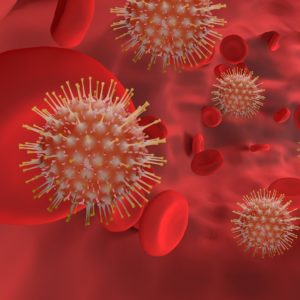Over the last 12 months the Oxford Health BRC PPI team have focussed on involving young people with our research, ensuring that their views and priorities have been recognised during the pandemic
COVID-19 research
Living and dying with COVID-19: an ethical perspective is vital
Messaging focusing on personal rather than collective benefits is more effective for COVID vaccination
Children and Adolescents’ Mental Health: a year of lockdowns
Parents and carers reported that behavioural, emotional and attentional difficulties in their children changed considerably throughout the past year, increasing in times of national lockdown and decreasing as restrictions eased and schools reopened, according to the latest Co-SPACE (COVID-19 Supporting Parents, Adolescents, and Children in Epidemics) study, led by experts at the University of Oxford and supported by Oxford Health BRC.
Risk of rare blood clotting higher for COVID-19 than for vaccines
COVID-19 survivors at risk of neurological and psychiatric disorders
Seven in ten patients hospitalised with COVID-19 not fully recovered five months after discharge
A majority of survivors who left hospital following COVID-19 had not fully recovered five months after discharge and continued to experience negative impacts on their physical and mental health, as well as their ability to work, according to results released by a major national study into the longer-term effect of the COVID-19.
Covid-19 vaccination programme: where do people with mental health difficulties lie within the order of priority?
Parental Mental Health Worse Since New National Restrictions
Parental stress, depression, and anxiety have again increased since new national restrictions have been introduced according to the latest report from the Oxford University led COVID-19 Supporting Parents, Adolescents, and Children in Epidemics (Co-SPACE) study based on data from over 6000 UK parents.






















